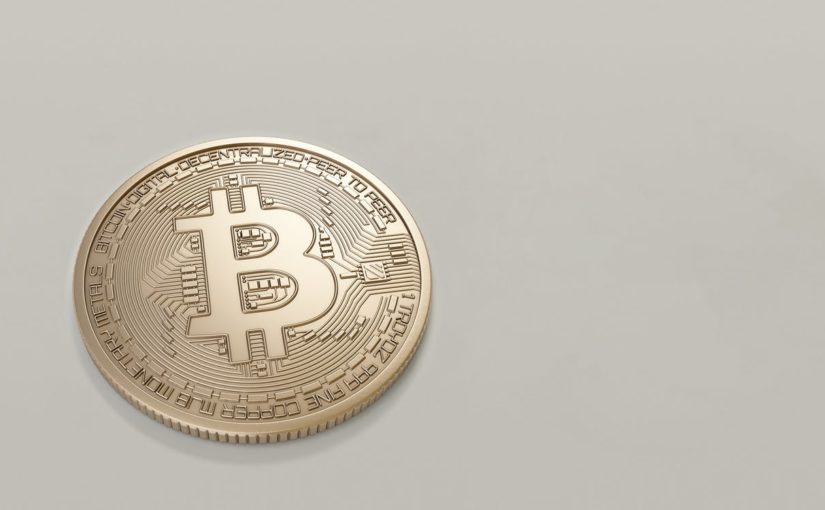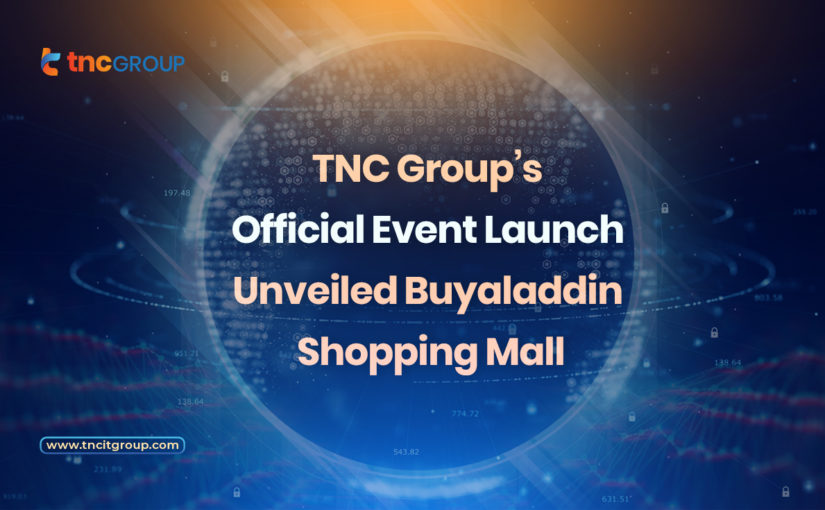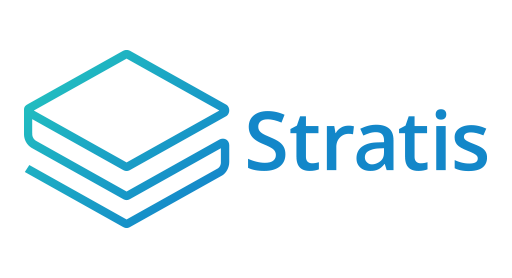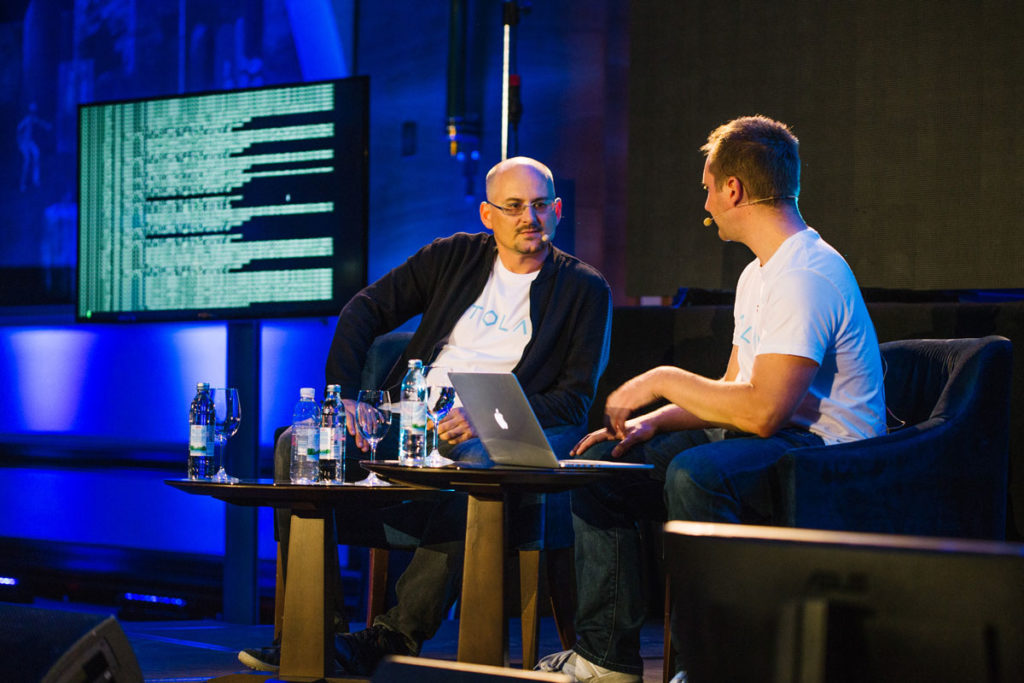CEDEX Holdings Limited (“CEDEX”) and U2 Diamonds (“U2”) have entered into a joint venture to support issuers that are looking to issue the first diamond ETF.
CEDEX is a global, digital diamond exchange, focused on transforming diamonds into a new financial asset class. CEDEX developed a unique proprietary technology called the DEX, and combined with blockchain, provides a diamond spot price feed and gives investors the ability to trade in individual diamonds as a financial asset.
U2, through its subsidiary U2 Diamond Prices, is regulated in the UK by the FCA as an EU Benchmark Administrator. U2 uses prices from arms’ length transactions in the wholesale diamond market to publish investable diamond indices that can be used to link to financial products.
The joint venture creates clarity and certainty to the market by providing price point transparency and combining DEX technology with the FCA regulated indices of U2. This breakthrough in regulatory approval for financial diamond indices, alongside CEDEX’s technology, will allow institutions to generate financial contracts and instruments with appropriately-priced underlying assets linked to them – making a diamond ETF achievable. With only 1% of the current value of the diamond market being used for financial investment, the JV creates the opportunity to develop diamond linked products as a non-correlated alternative asset class for investment and preservation of wealth similar to the way precious metals are used as a safe haven by investors.
In addition, the joint venture will undertake the following:
- Marketing of polished diamond indices to ETF and Future issuers.
- Enhance the Advanced Diamond Index accuracy based on the CEDEX proprietary algorithm DEX price feed.
- Will jointly promote and market advanced diamond Indices to market participants.
Eventually, CEDEX plans to build a complete and regulated ecosystem that digitalizes diamonds as financial assets accessible to the global financial market.
Saar Levi, CEDEX CEO, said:
“This is a unique and exciting opportunity for CEDEX. The partnership with U2 Diamonds unlocks an exciting new development, not only for the diamond market, but for the global financial market as a whole. An FCA-regulated diamond index coupled with the DEX creates the infrastructure for a new financial asset class. This infrastructure with the increased security and efficiency the blockchain offers, will not only allow diamond holders to liquidate their assets at a fair price thanks to CEDEX’s price feed, but financial institutions will be able to trade diamonds at low carry cost and with a diversified risk profile that matches their trading strategies.
“We have connected to diamond suppliers and listed already over $100 million worth of diamonds on our platform. We are currently in talks with tier 1 & 2 ETF and Futures Issuers, Index Providers, Market Makers, Authorized Participants (APs), banks, exchanges and other financial institutions.”














